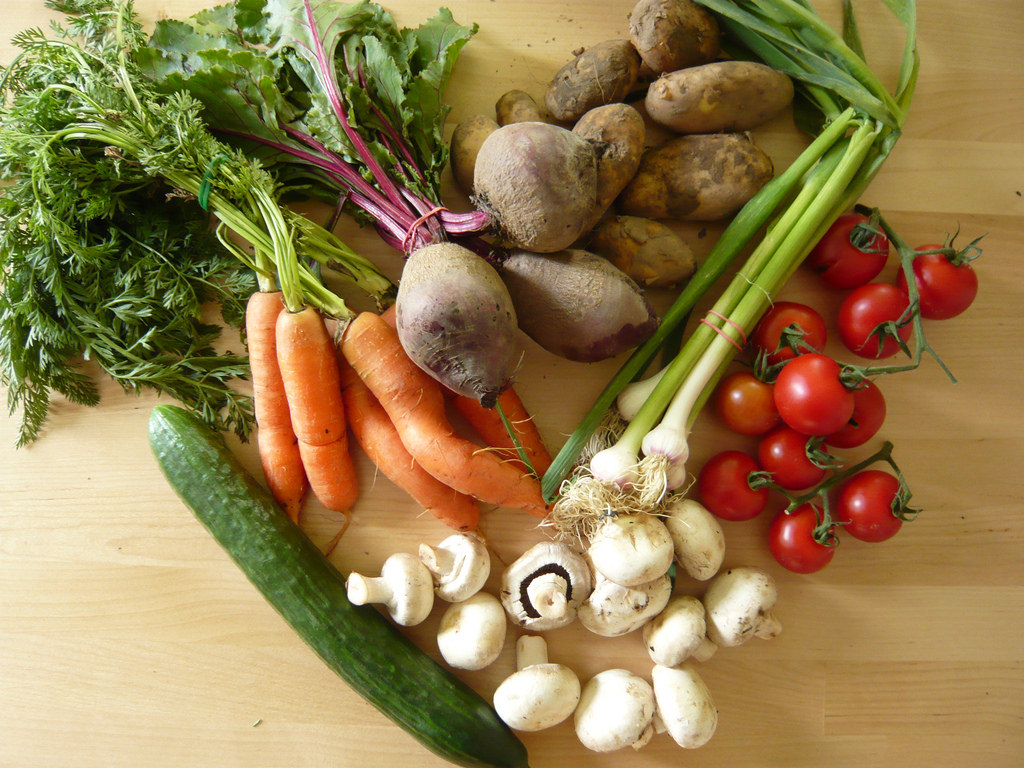Since 1997 we’ve been speaking to consumers about their perceptions of organic and natural products, and while the market for both types of products has grown exponentially, such growth has not come without growing pains in terms of how both classes of goods are viewed today. For example, The Hartman Group’s Organic and Natural 2016 report finds that as consumer involvement with organics has grown, we encounter an ever-expanding body of interpretations, understandings and practices relating specifically to the term “organic.”
Conceptually, organic remains a resonant symbol of food quality (a sort of shorthand for higher-quality food) particularly as it pertains to food being grown naturally. Today, organic products still signal “better” to even the most skeptical consumers. The heart of the meaning of organic lies in beliefs about natural growing methods with an absence of negatives introduced at the farm level, which consumers broadly understand to be legally regulated (unlike many other claims). Organic products also retain a halo of being seen as foods made with more care and in greater alignment with positive values.
Compared to organic, natural is a broader term focusing on the perceived “realness” of the food and what has (or has not) been done to it after the farm. This distinction holds regardless of how involved consumers are in their purchase and use of organics. Consumers describe “natural” foods and beverages as being more real, simple and whole than conventional counterparts, and yet, when they see natural claims on pack, many are skeptical and look for verification.
While motivations for purchasing organic food and beverage products are firmly rooted in a pursuit for higher quality with strong ties to health and wellbeing, many of the barriers to purchase we’ve seen in years past continue as present-day barriers. For one, the purity of organic’s meaning is under threat. This stems from consumers’ perceptions of organic that relate to three key ideas:
- How they are produced
- That they are made simply
- That they are made responsibly
Unfortunately, the crispness surrounding organic production values are being compromised by the ubiquity of organic products themselves, including their presence in “less healthy” categories. Consumers are also finding alternatives to organics at a more palatable price point within natural foods. Thus, the ability of organic products to differentiate and justify a price premium may be threatened.
Despite potential headwinds, there is significant upside for the organic market. Younger consumers, particularly millennials, are more likely to be organic buyers underscoring ongoing relevance and growth in the years ahead. Another bright spot lies in the democratization of organics at retail. Consumers appreciate mainstream retailers democratizing organic, demonstrated by their increased purchasing of organic food and beverage products at traditional grocery and their growing purchase of organic private brands.
Looking ahead, for both natural and organic products, consumer culture sees nature, rather than science, as the route to a better world, particularly in food. Consumers will support companies and buy products they believe reflect a world similar to theirs. Consumers idealize food that is as close to its natural form as possible, which typically means foods that are made simply and grown naturally. While organic will remain a complex topic for consumers to navigate, common sense and trust serve as important guiding lights in understanding adoption pathways, purchase decisions, and channel selection.
As CEO of The Hartman Group, Demeritt drives the vision, strategy, operations and results-oriented culture for the company’s associates as The Hartman Group furthers its offerings of tactical thinking, consumer and market intelligence, cultural competency and innovative intellectual capital to a global marketplace.
_______________________________________________
If you enjoyed this article, join SmartBrief’s email list for more stories about the food and beverage industry. We offer 20 newsletters covering the industry from restaurants to food manufacturing.
